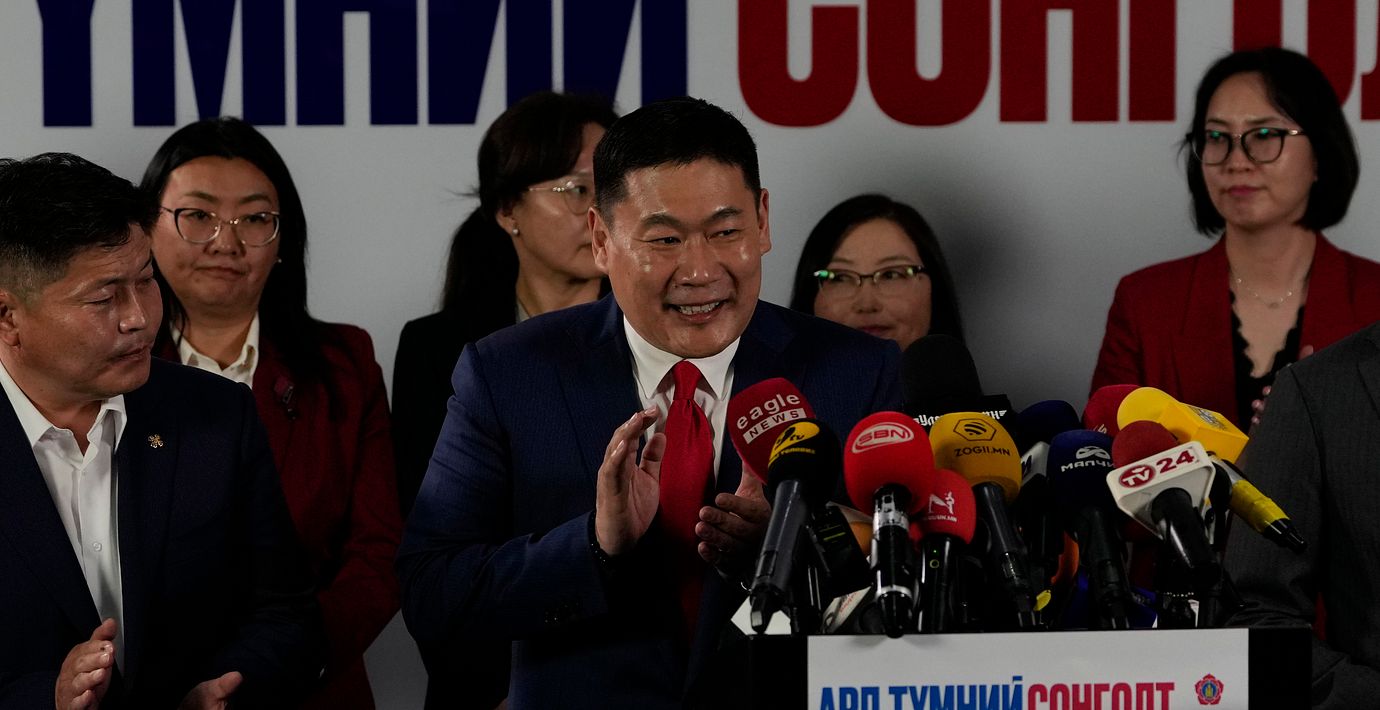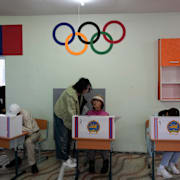
Styrande partiet behåller makten i Mongoliet
Mongoliets premiärminister Oyun-Erdene Luvsannamsrai utropar sig själv till segrare i landets parlamentsval efter att 99 procent av rösterna räknats. Det skriver AP.
Det styrande socialdemokratiska Mongoliska Folkpartiet ser ut att vinna upp emot 70 av de 126 platserna i parlamentet.
Oyun-Erdene Luvsannamsrai tackar sina väljare, men också de som röstade på andra partier.
– Att vi har olika och kontrasterande åsikter är essensen av demokrati. Er kritik kommer att speglas i våra handlingar, säger han enligt nyhetsbyrån.
Det största oppositionspartiet Demokraterna fick 40 platser. Det innebär en ökning från 2020 men långt ifrån den valseger många väljare hoppats på.
35-åriga Shijir Batchuluun, som röstade på Demokraterna, säger att han är besviken och beskriver valet som en seger för populismen.
– Det är samma historia som vanligt. Sångare, brottare och affärsmän vann.
